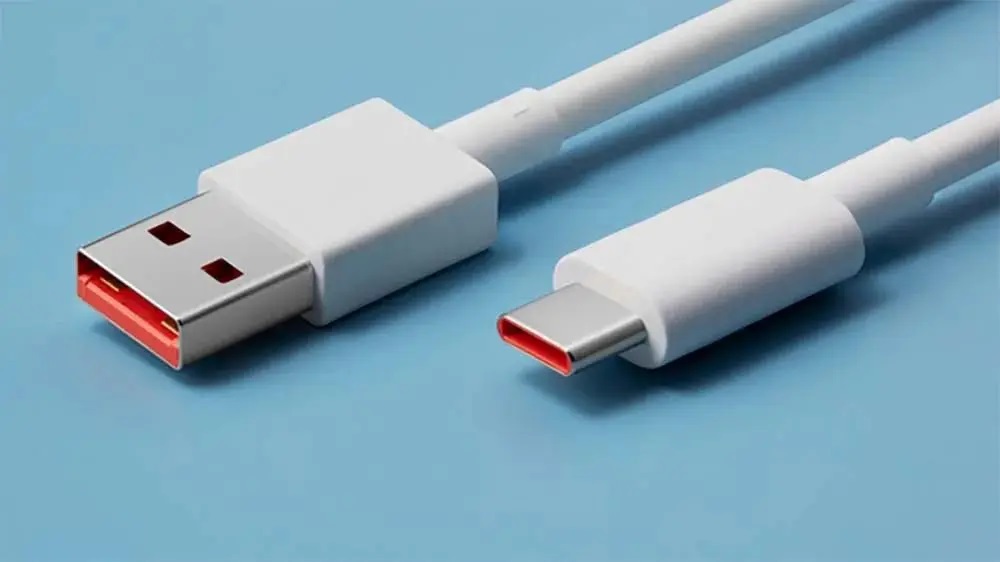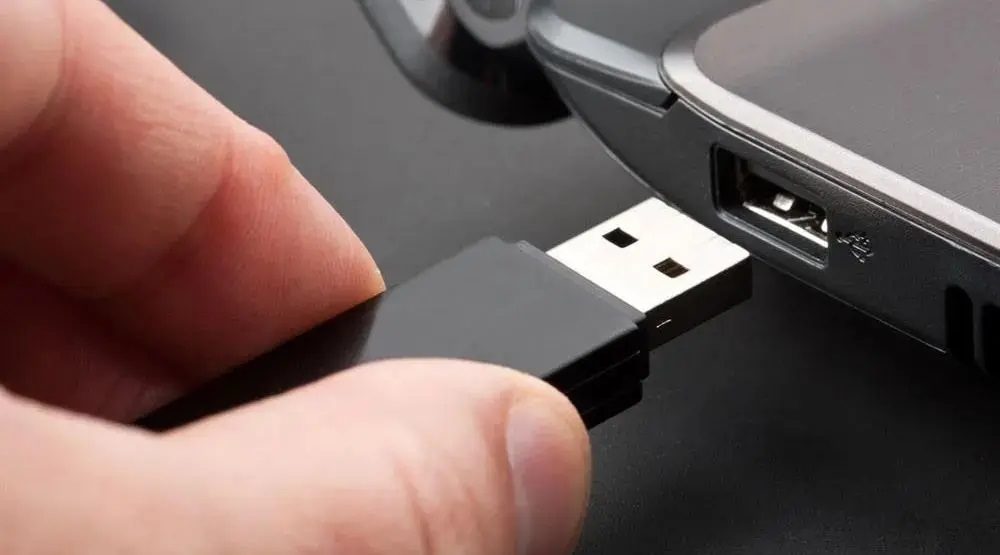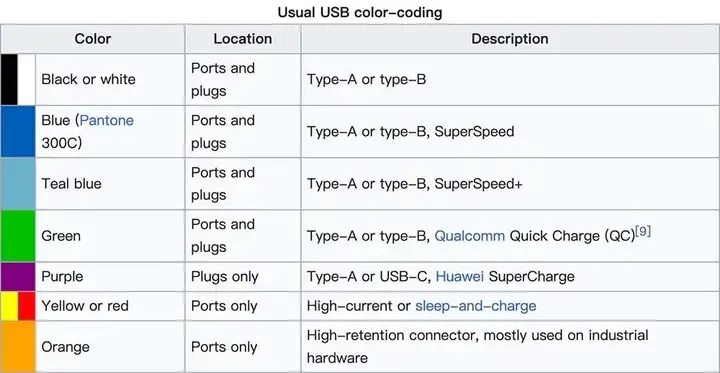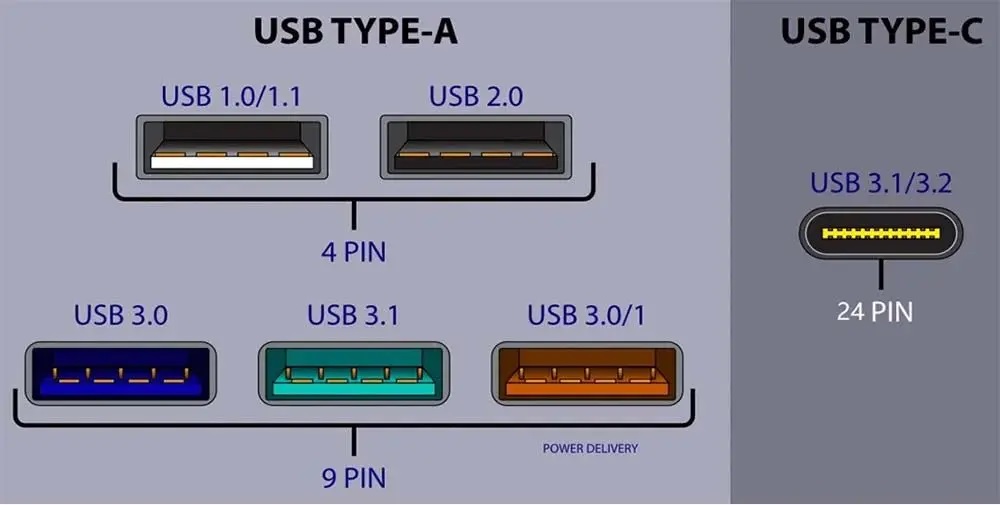
Xian HeGuangdong Xianhe Technology Group Co., Ltd
-
Hot search:SEMI package cleaning machine

Xian HeGuangdong Xianhe Technology Group Co., Ltd
In life, when we carefully observe mobile phones, TVs, computers, speakers and other electronic devices, we will find that the USB ports have many colors. You may think that it is just for the sake of appearance, but in fact different colors represent different performance.
USB Universal Serial Bus is a serial bus standard and a technical specification of input and output interface. After being jointly launched by Intel and other companies in 1996, it has successfully replaced serial and parallel ports and has become a must-have interface for computers and a large number of smart devices today. USB is an external bus standard that regulates the connection and communication between computers and external devices. It has hot-swap function and can connect a variety of peripherals. It is widely used in information and communication products such as personal computers and mobile devices, and has been extended to other related fields such as photographic equipment, digital TVs (set-top boxes), and game consoles.

USB devices have the following advantages:
(1) Hot-swappable, that is, when using external devices, users do not need to shut down and restart the computer, but can directly plug in the USB and use it when the computer is working;
(2) Easy to carry, most USB devices are "small, light and thin", which is very convenient for users to carry large amounts of data with them;
(3) Standardized, USB interface can connect application peripherals to personal computers, such as USB hard drives, USB mice, USB printers, etc.;
(4) Can connect multiple devices, USB often has multiple interfaces on personal computers, and can connect multiple devices at the same time, which is very convenient.

The meanings of different colored USB ports are as follows:

(1) Black/white: belongs to the USB1.0/2.0 era, which is the most traditional speed. Theoretically, the speed is slow, only about 60MB/s, and the charging speed is also slow;
(2) Yellow: USB2.0 interface, the transmission speed is limited, but it can support charging after shutdown;
(3) Dark blue: belongs to the USB3.0 era, the theoretical maximum speed is 640MB/s, which is much faster than the previous generation;
(4) Light blue: belongs to the USB3.1 era, the theoretical maximum transmission speed is 1280MB/s;
(5) Green: represents support for Qualcomm QC fast charging technology, which is not a very common interface;
(6) Red: USB3.1 interface, the transmission speed has increased significantly, but is still 1280MB/s, and can support charging after shutdown;
(7) Orange: Still supports charging when the device is powered off, and is also a fast charging interface for some brands, but is not very common;
(8) Purple: USB3.1 interface, which is Huawei's exclusive fast charging interface, and can still reach a speed of 1280MB/s.

In short, the colors of USB interfaces represent different transmission speeds, power, and device types. In daily life, we only need to remember the ones we commonly use to meet our needs. Do not mix interfaces with inconsistent specifications to avoid unnecessary losses.


SweepWechat

SweepPersonal wechat